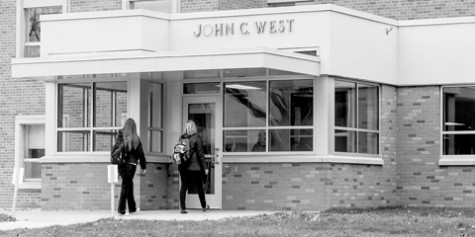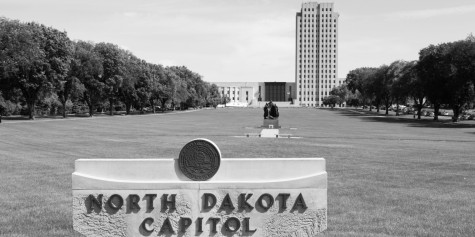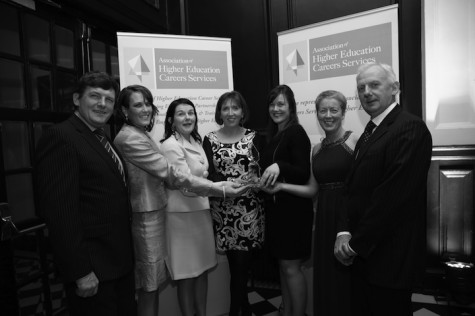Proposed ‘Big Brother’ system a great idea
For many students, the transition to college can be difficult, especially if they have not lived in the vicinity of the college they are attending.
Those students who are familiar with the college area have a one-up on other new students — they know where to go for the best pizza in town, who the favorite teachers are for general education classes and what events to attend for free food.
It can be difficult for an outsider to discover helpful information like this when they are spending their first semester worrying about more important things, like fighting homesickness, establishing the right group of friends and trying to declare a major that will dictate their next four years of classes.
Early in my college career, I transferred from a larger college to two different community colleges, and I never really felt as if I were a real part of their university experiences. Sadly, I felt as if I was just an inflow of cash and the teachers were not very interested in my well-being.
As I learned, starting college is a stressful time. Apparently, however, there are ways a school can make a student’s transition easier. UND’s School of Geology and Geological Engineering director, Dr. Joseph Hartman, is considering the establishment of a big brother/big sister-type program within the GGE School.
This sounds like a great idea to me.
A big brother/big sister can serve as more than a mentor or adviser. They can provide wisdom, technical knowledge, assistance, support, empathy and respect. With a program like this in each discipline area of study, incoming students wouldn’t get lost in the shuffle of classes and the other 5,000+ incoming students all trying to figure out what to do or where to go. The mentored students would have an upper classman they could ask, “Where is the best place for a college kid like me to go out on a Friday night if I like dancing?” or “I am not sure if I want to specialize in minerals or fossils, can you help show me the difference?”
Of course it’s the student’s responsibility to make the final decisions. But the upperclassman could provide them with access to the information needed to make better decisions. They could show them the labs and differences between classes and take them to talk to the respective professors to aid in the decision… or tell them that Level 10 is the bar for close-quarters dancing and martinis.
The University of Minnesota has a similar mentoring program, which it describes as helping “students grow professionally by matching them with a mentor in their field of study. Together, mentoring pairs discuss the goals of the students and help with career exploration, networking and professional skill building.”
The big brother/big sister mentor program should under no circumstances replace the academic advisor system. This program would exist to strictly facilitate the growth of the incoming students and develop their adjustment to UND and to Grand Forks in general.
The idea of creating a big brother/big sister program within each school or discipline of UND would be a spectacular way to engage new students and involve them in university and peer events.
As Dr. Hartman said when pitching this idea to a class I was in the other day, “We can work together to be better students…a program like this would create a sense of unity within the major and allow for more chances of networking.”
If each junior and senior standing student were assigned an incoming freshman interested in the major, it could lead to a higher retention rate and overall student satisfaction at UND.
Maggie Upton is a staff writer for The Dakota Student. She can be reached at [email protected].










